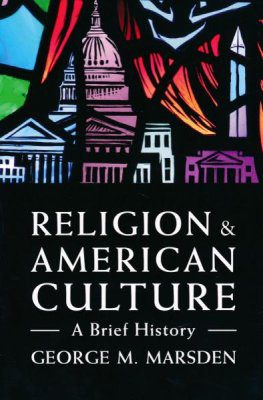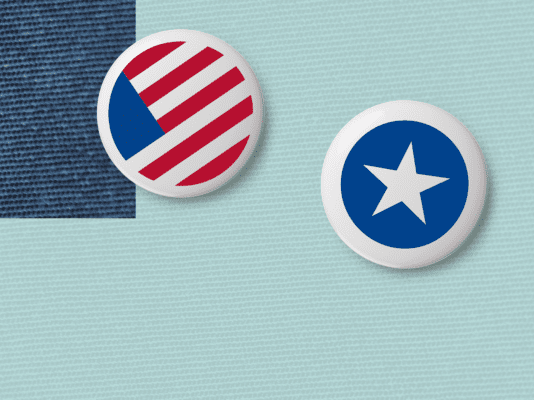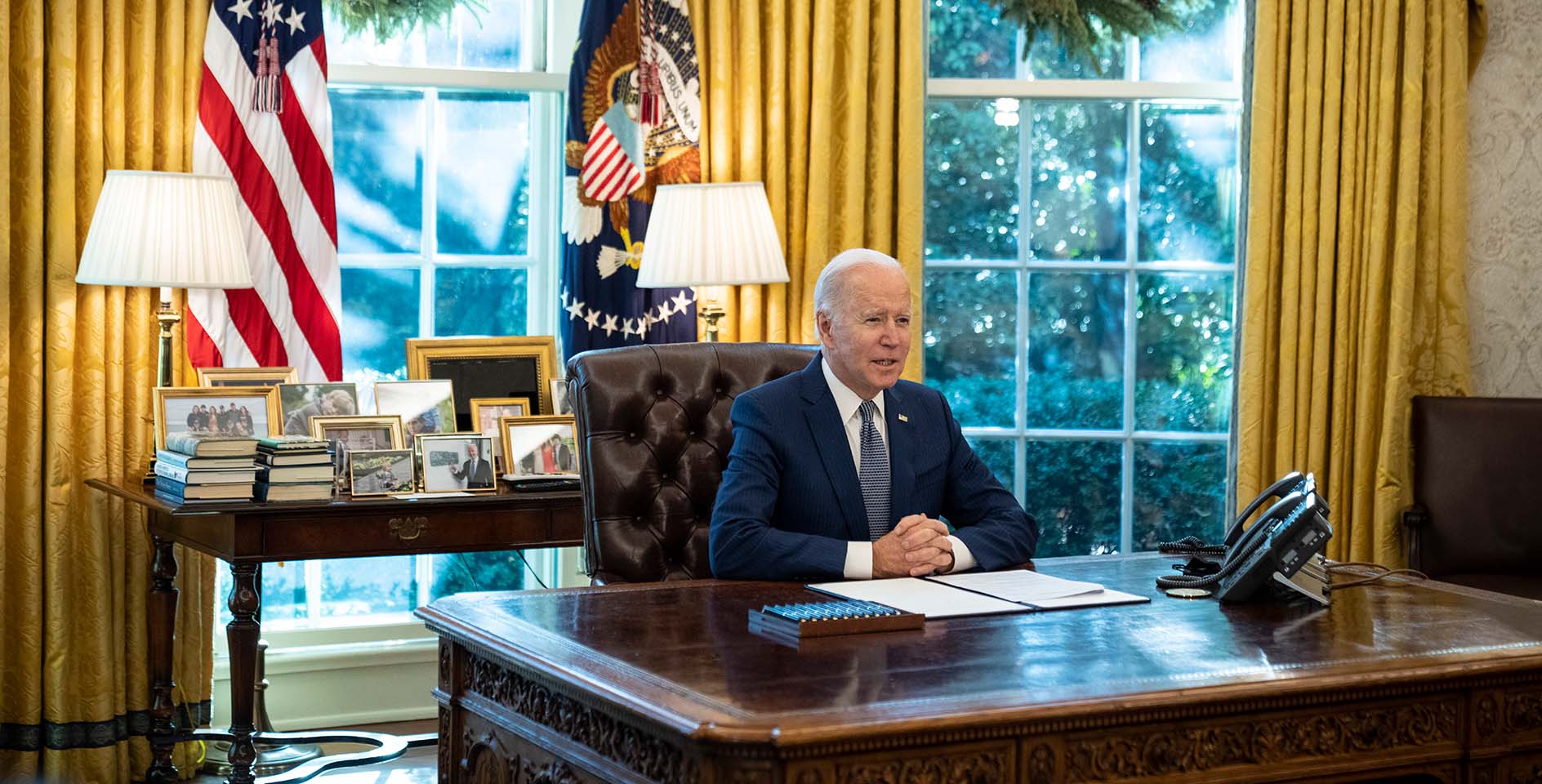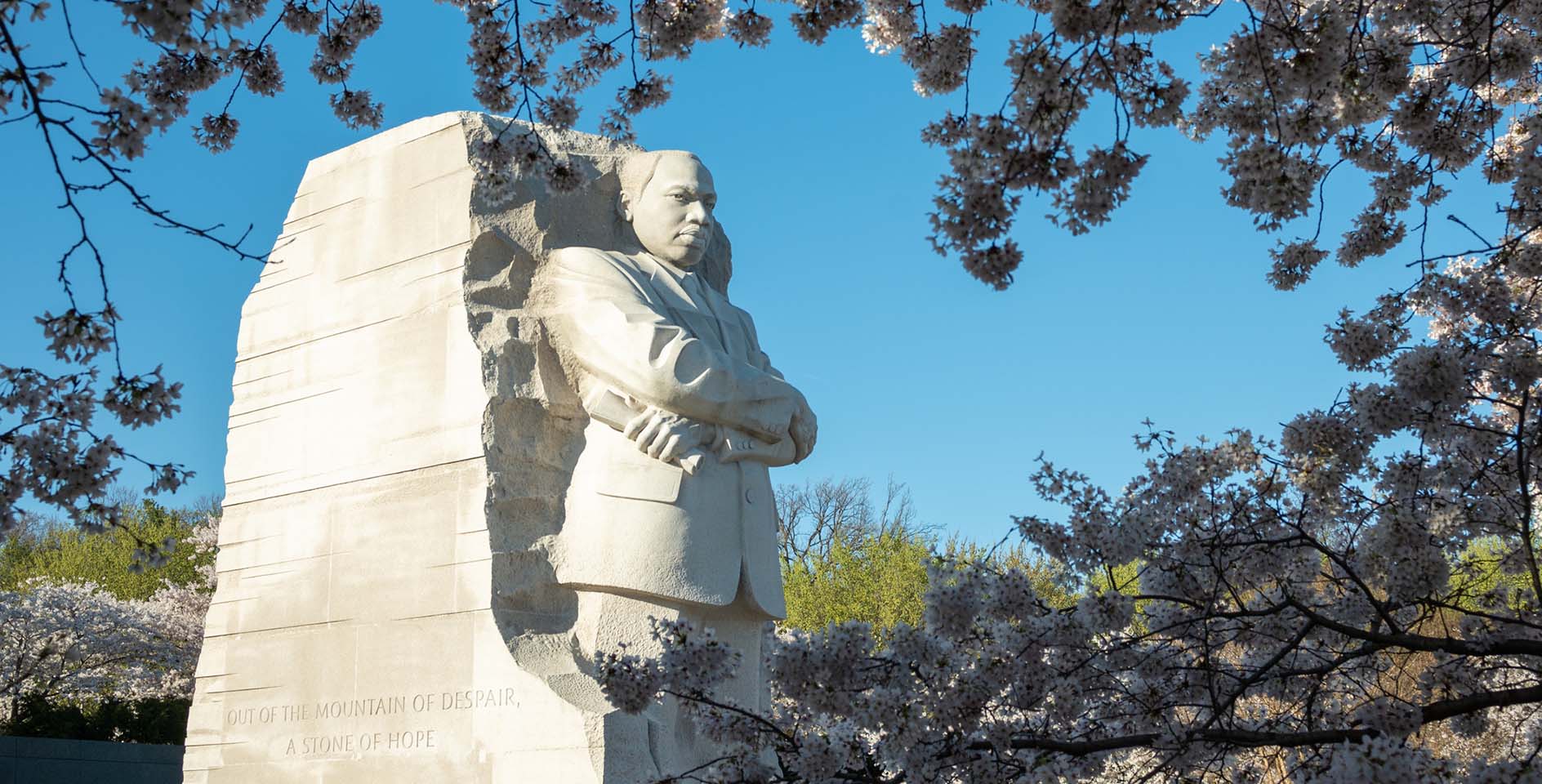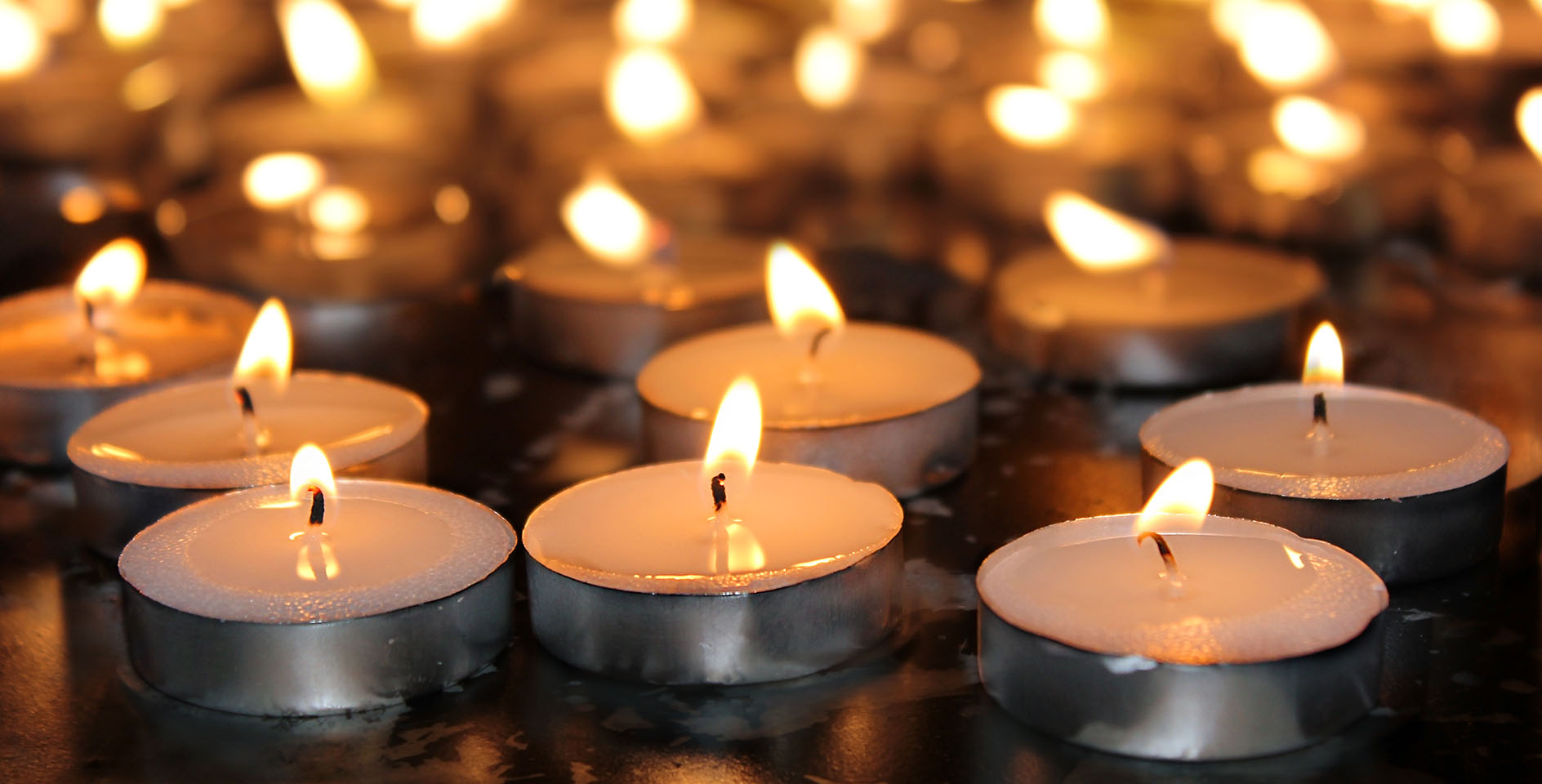In American Evangelicalism: George Marsden and the State of American Religious History (2014), a host of scholars acknowledge their indebtedness to the historian widely regarded as “the dean of evangelical history.” The editors insist, “George Marsden’s illustrious career bears witness to the rise of religion in America’s new historical consciousness and the attempt by some scholars to write history from a faith-friendly perspective.” (3) This is essentially the impetus and ethos behind Marsden’s Religion and American Culture: A Brief History (2018). It is a fair-minded history equally yoked with culture and religion yet admittedly from a Protestant worldview.
Marsden’s honest presuppositions combined with his commitment to engage the broader academic community are part of the legacy he leaves behind in students such as religious historian Thomas Kidd. In some sense, Religion and American Culture is representative of Marsden’s method and goal in doing American religious history.
Human nature and history
Marsden’s approach to American religious history in Religion and American Culture is a middle road between what he calls the secular “Jack-in-the-Box faith” of most American histories, wherein religious themes occasionally “pop up” in the midst of a secular narrative, and the narrative of America as a “Christian” nation. Marsden refuses to capitulate to either of these histories. He explains, “Many people assume that American religious history is simply the story of a transition from the more religious era of colonial times to the more secularized era of recent times. That story is too simple. Rather, what we find is a repositioning of the religious and the secularized” (6).
Instead of feeding the American church or the unbelieving public the narratives they wish to hear, Marsden chooses to nuance the story of America. It is not the story of one religion or even one culture, but of many subcultures vying for influence.
Rather than sanitize the finer points of American history for the sake of organization, Religion and American Culture is centered around the idea of paradox, and this is where Marsden’s background colors his scholarship. Just as Augustine identified a paradoxical humanity both good and evil in its nature, so American history testifies to an equally paradoxical tension between religious and secularizing forces, between the spiritual and material.
In Marsden’s words, “The paradox in Western civilization reflects a paradox in human nature” (102). In sum, theology influences anthropology which influences history. Any telling of the American story which does not account for this Augustinian friction is an overly-simplistic retelling of the American situation. From the Protestant colonials’ alliance with Catholic France in the Revolution to the “methodological secularity” of the U.S. Constitution to the Christian justification for slavery to the “Gilded Age” of superficial spirituality to the unlikely Democratic union of Southerners and Catholics in the early 20th century, Marsden takes the reader on a tour of American “paradoxical society” (57). In Marsden’s view, the tension is built into the fabric of American culture because it’s endemic to fallen humanity.
Perhaps one of Marsden’s greatest insights in Religion and American Culture is the competing social and political visions between the Puritanical idea of a Christian civilization and Roger Williams’ conception of Christian separateness (155). This theme is dominant through the work and, remarkably enough, Marsden is able to revisit this motif in almost every subsequent chapter (of which there are nine). For instance, the contesting moral visions of fundamentalists and modernists was largely a battle to control culture born out of civic responsibility, even while each side consciously maintained its distinctiveness. Even the tension between “Americanist” and papal Catholicism, ultimately reconciled at Vatican II, were part of this broader discussion (225). From Catholics to Adventists to Mormons, Marsden labors to include each subculture as partners in the larger cultural conversation.
Pluralism in American history and the present
The incisiveness of the book is a strong deterrent to any reader seeking to find their tradition at the center of influence. Religion and American Culture is as humbling as it is pedagogical. Now in its 3rd edition, the latest is a more popularized version of the 1990 and 2001 editions, written for a general audience but with no less historical breadth. Characteristically, Marsden’s style is pithy without being shallow or simplistic.
Religion and American Culture is an excellent resource for the local churchgoer because it comfortably integrates popular culture, politics, and American religion, much of which is familiar to any modern reader. The book begins with John Winthrop in the Massachusetts Bay Colony and extends all the way to Rick Warren’s The Purpose Driven Life (2002). By the time Marsden is finished, the average Christian finds herself at the end of the American story, knowing many of the names and dates along the way.
In an era when evangelical Christians are suffering from a cultural siege mentality and increasingly being pushed out of the mainstream, Marsden’s work is a reminder that America has always been a religious yet pluralist nation. “A pivotal theme in American religious and cultural history,” Marsden observes, “is the interplay between these two motifs, Protestantism and pluralism. Neither makes sense in the American experience without the other” (74).
Marsden concludes the work with several constructive thoughts on religious pluralism in a modern age, an idea that features prominently in his 2014 book The Twilight of the American Enlightenment. In some sense, this is perhaps the greatest strength of George Marsden’s approach to religious history: the underlying assumption that history is both descriptive and prescriptive. For evangelicals in 2018 struggling to define themselves against the larger American culture, in Religion and American Culture Marsden beckons us to look back before we look forward.



